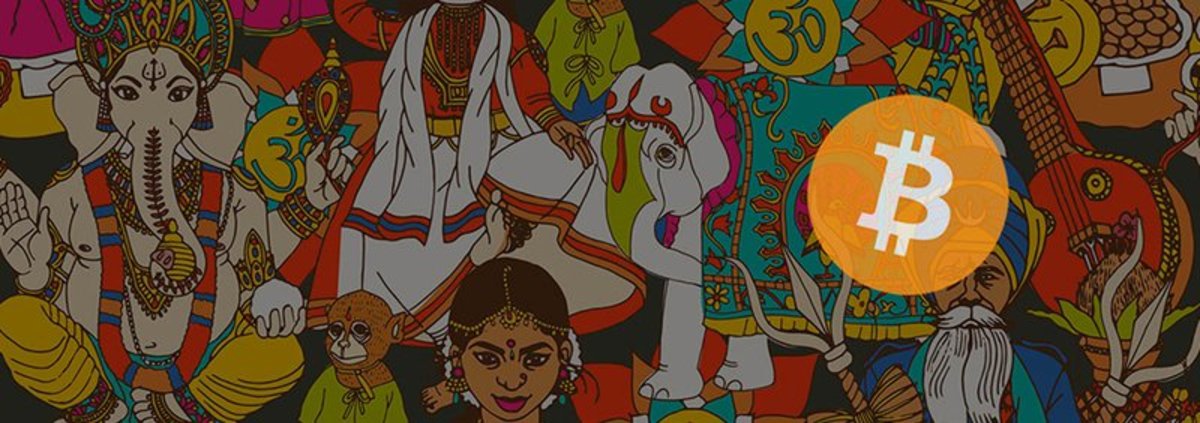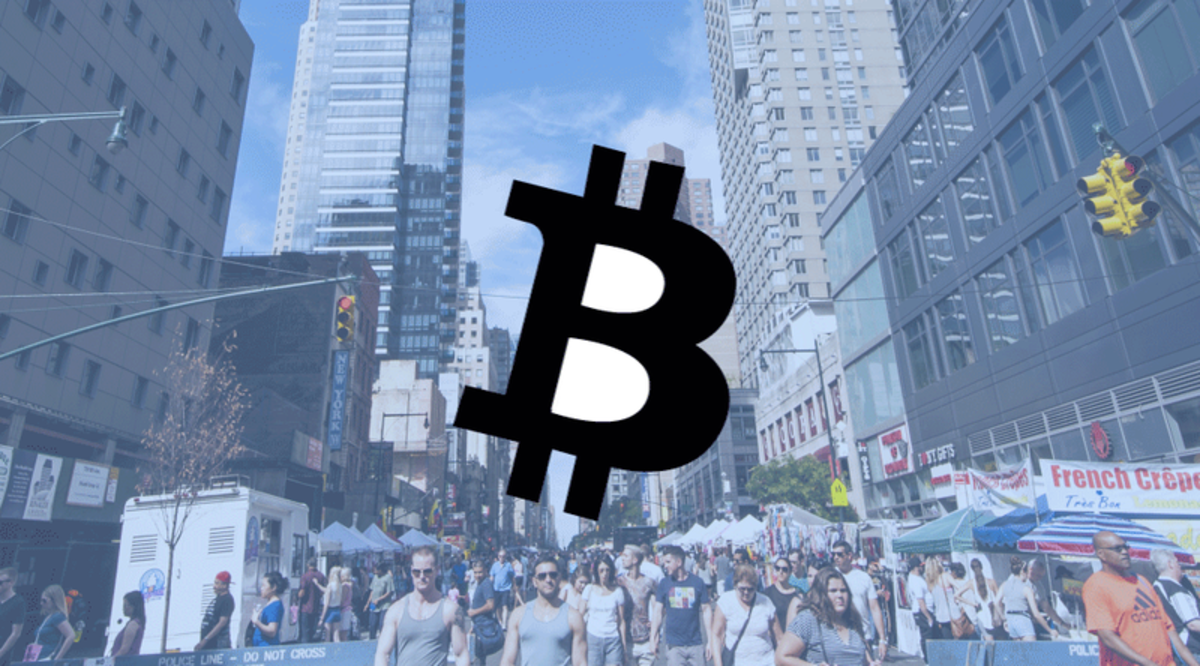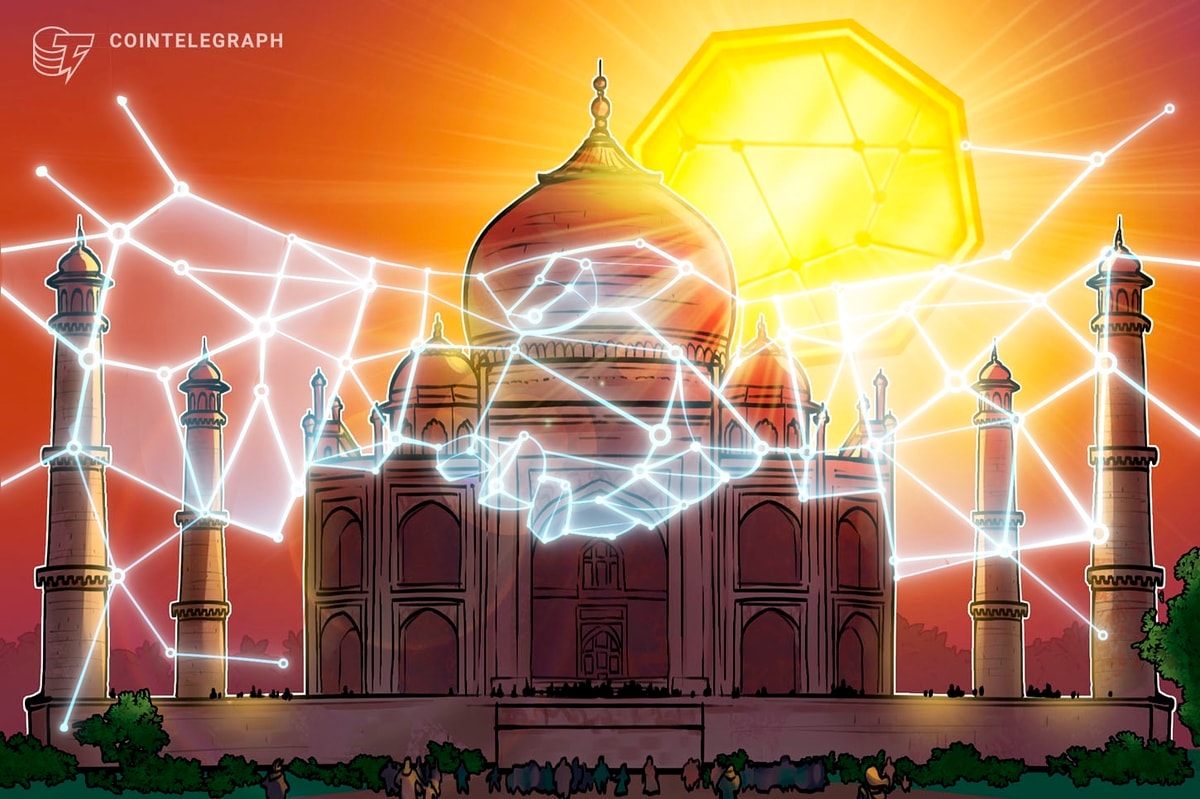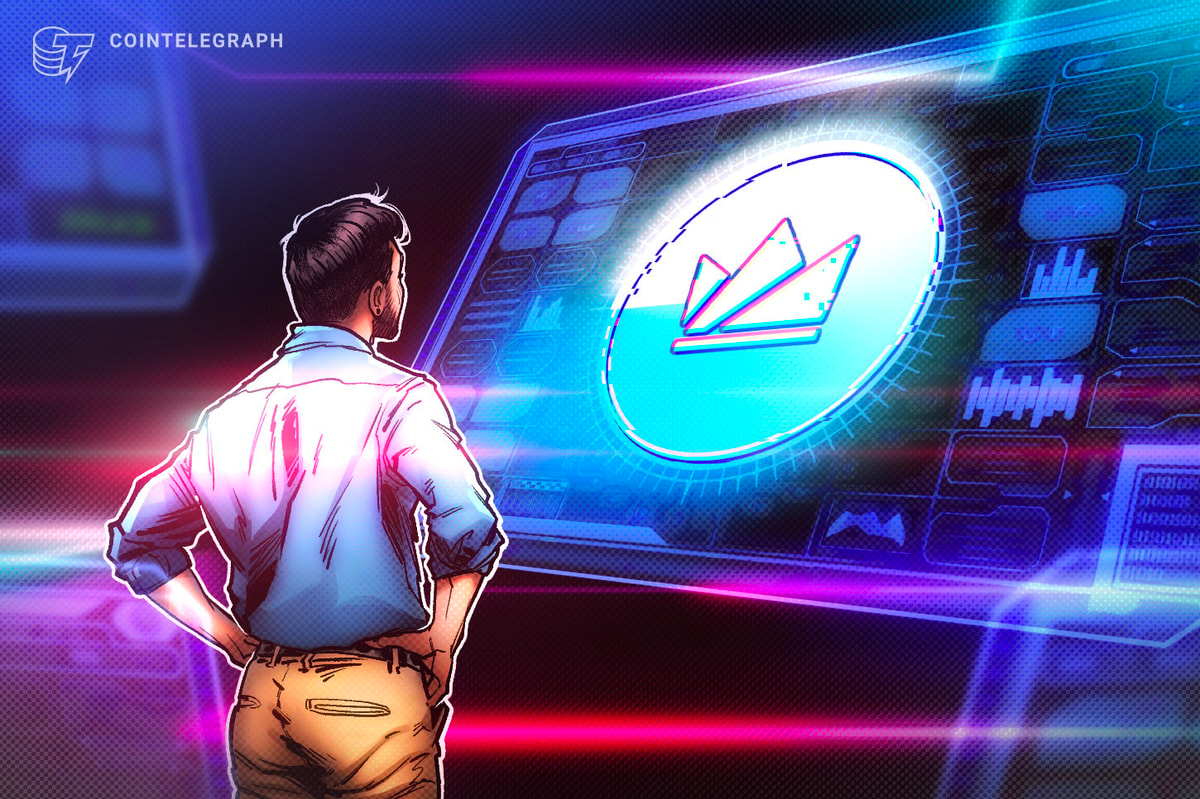
In 2014, Indian prime minister Narendra Modi outlined a vision for a “Digital India,” a place in which all citizens in all parts of the country are connected, informed and part of a global economy.
Other hallmarks of this new India would be a transparent government with strong ties to its citizens where government services could be accessed from mobile devices.
EPaisa, a free point-of-sale app, has become India’s first mobile point-of-sale provider to integrate bitcoin as a payment option, becoming a part of this new, Digital India.
“To digitize India, you need to digitize the point of sale,” says ePaisa’s CEO and co-founder Siddharth Arora. EPaisa was founded in 2012.
“Bitcoin is currently becoming more and more popular in India because there is no need to provide any payment information,” says Arora. “However, the issue of accepting it has become a timely question for Indian merchants.”
The ePaisa app comes with a credit-card sized card reader to securely accept chip-and-PIN card payments and has now integrated Bitcoin, prepaid wallet and invoice payments for businesses. Merchants can request a bitcoin payment by letting their customers scan a QR code and receive the funds in their bank account the next day, free of charge. EPaisa works on any smartphone or tablet in India.
In 2013, ePaisa was awarded TechCrunch’s “Most Disruptive Company” and made it to the 2014 Global Red Herring Top 100 as well as Asia’s Top 100 awards.
The app works in 32 languages, it is free and works on all smartphones and tablets running on Android and iOS. They plan on introducing Apple Pay, Android Pay and other forms of payments for the Indian business owner.
With options like contactless payments, Apple Pay and bitcoin,” says Arora, “customers expect to pay however they want. Given this trend towards cashless shopping, not able to accept these modes of payments means lost sales for Indian merchants. We do not want that. We want to empower them to conduct any form of transaction and give the buyers a satisfying experience of making a purchase. With this new feature, we hope to offer our merchants more ways to accept payments and stand true to our commitment of enabling commerce.”
EPaisa expects that the user experience will be no different for the sellers. It works as follows:
At the point of sale, when the customer wants to pay for a product with bitcoin, the ePaisa merchant taps the bitcoin icon in the ePaisa POS application. As a result, a QR code pops up with the due amount, and the customer will scan that code using his or her bitcoin wallet app.
Prime Minister Modi’s vision for a seamless digital economy is materializing because of companies like ePaisa, which continues driving bitcoin adoption in the East.
“India has had huge success with prepaid wallets for online transactions,” Arora said. “We are enabling businesses to accept these wallets even for offline in store sales. Walk into an ePaisa-enabled store and you can make a payment with one of the top 10 wallets in India. We hope to power 25,000 businesses across all major metro cities in India by end of this year.”










